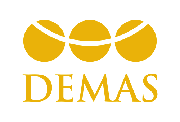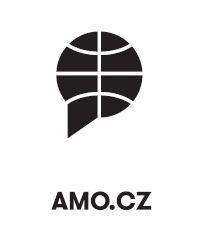Russo-Ukranian War: Background and Future Perspectives
Relations between the Russian Federation and Ukraine, like the rest of the Western community, including the Visegrad Group, have never been more intense in the past and might be expected to remain so in the foreseeable future. The Russian aggression against Ukraine has caused a chain of reactions that is fundamentally transforming Europe and the world, although we are not yet able to fully capture its effects.
Russian Invasion of Ukraine: How Nine Central and Eastern European Countries Will Respond
The report co-authored by Pavel Havlíček (AMO) maps responses of Central and Eastern European countries to what was originally an imagined invasion of NATO’s Eastern European neighbour.
Reading into China’s Reaction to Russian Aggression in Ukraine
Given the rapid escalation of Russian aggression against Ukraine and the largely opaque statements offered by typically noncommital Chinese diplomats, CHOICE assembled a group of experts on both nations to opine on the action and reaction. Their commentary on the Russian invasion and its ancillary impacts is available below.
Beijing Could Learn Valuable Lessons from Russia’s Invasion of Ukraine
China has tried to appear neutral in the conflict, for example, by abstaining in key votes on condemning the Russian aggression at the UN. Yet, it is clear from statements by Chinese officials that they are sympathetic to Russia in the conflict. China has repeatedly expressed support for Russia’s security interests, declaring that the West and the expansion of NATO are responsible for the war, having “pushed Russia to the wall.” At the same time, China vehemently rejects sanctions against Russia, even if it can be expected to adhere to them to some extent, careful of avoiding direct damage to its own interests.

